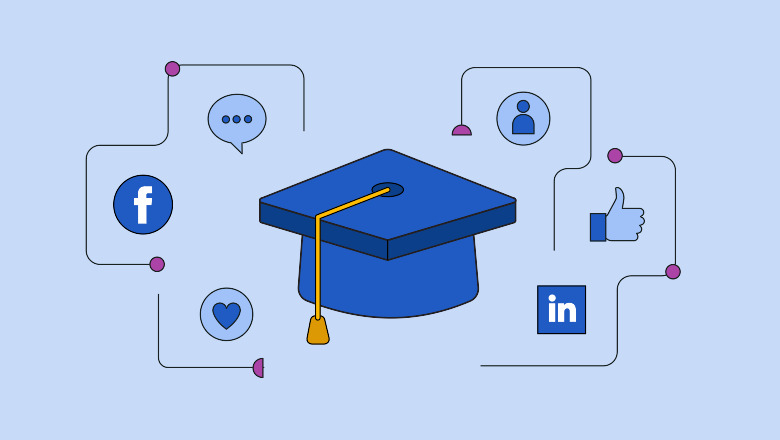[ad_1]
Most adults make an informed tradeoff for the convenience of surfing the web. Our online activities often are curated and used to create potentially profitable profiles of our interests and purchases. To borrow a quote, “If you’re not paying for it, then you’re the product.”
Protecting privacy is a concern of all ages, but takes on additional urgency when the customers are children and popular educational apps used by schools share their data without the knowledge of students, their parents and sometimes even the schools. And this problematic alliance among educational apps, schools and commercial data collection firms has drawn the attention of Human Rights Watch.
A recent Human Rights Watch report should be a warning to school officials, federal regulators and parents about how educational apps are commonly used in classrooms all over the world. The group found that 89% of educational apps reviewed in 49 countries tracked or embedded code that could track and forward student data to advertising technology companies, data brokers or other organizations that could benefit from user information. Nor did the app companies disclose this relationship or provide a way for schools and families to opt out of surveillance and data collection without ditching the entire educational app, the report also concluded.
Several companies contacted by the rights group denied collecting children’s data, insisted that their products had adequate privacy protections or said data protection was their client’s responsibility. The unspoken truth is that access to children’s data is the currency schools trade for access to these educational apps.
Broadly, Human Rights Watch urges data privacy audits of these educational apps, removal of apps that fail audits and steps to prevent further collection and misuse of children’s data. The Federal Trade Commission recently said it will vigorously enforce the Children’s Online Privacy Protection Act. The act requires apps and websites to get parents’ consent before collecting children’s data, prohibits requiring children to provide more information than is needed and restricts using personal data for marketing purposes.
However, a loophole exists in the law. Schools can consent on behalf of children and families if the information is designated for educational use.
School districts should audit their apps to determine whether the apps that they require in classroom work cross ethical, if not legal lines, and whether the school district should discontinue using the apps, notify parents of data collection policies and follow established best practices.
The privacy rights of minors and their families are important and must be protected. Children use these apps to learn. The undisclosed tradeoff must not be privacy rights.
We welcome your thoughts in a letter to the editor. See the guidelines and submit your letter here.
[ad_2]
Source link






